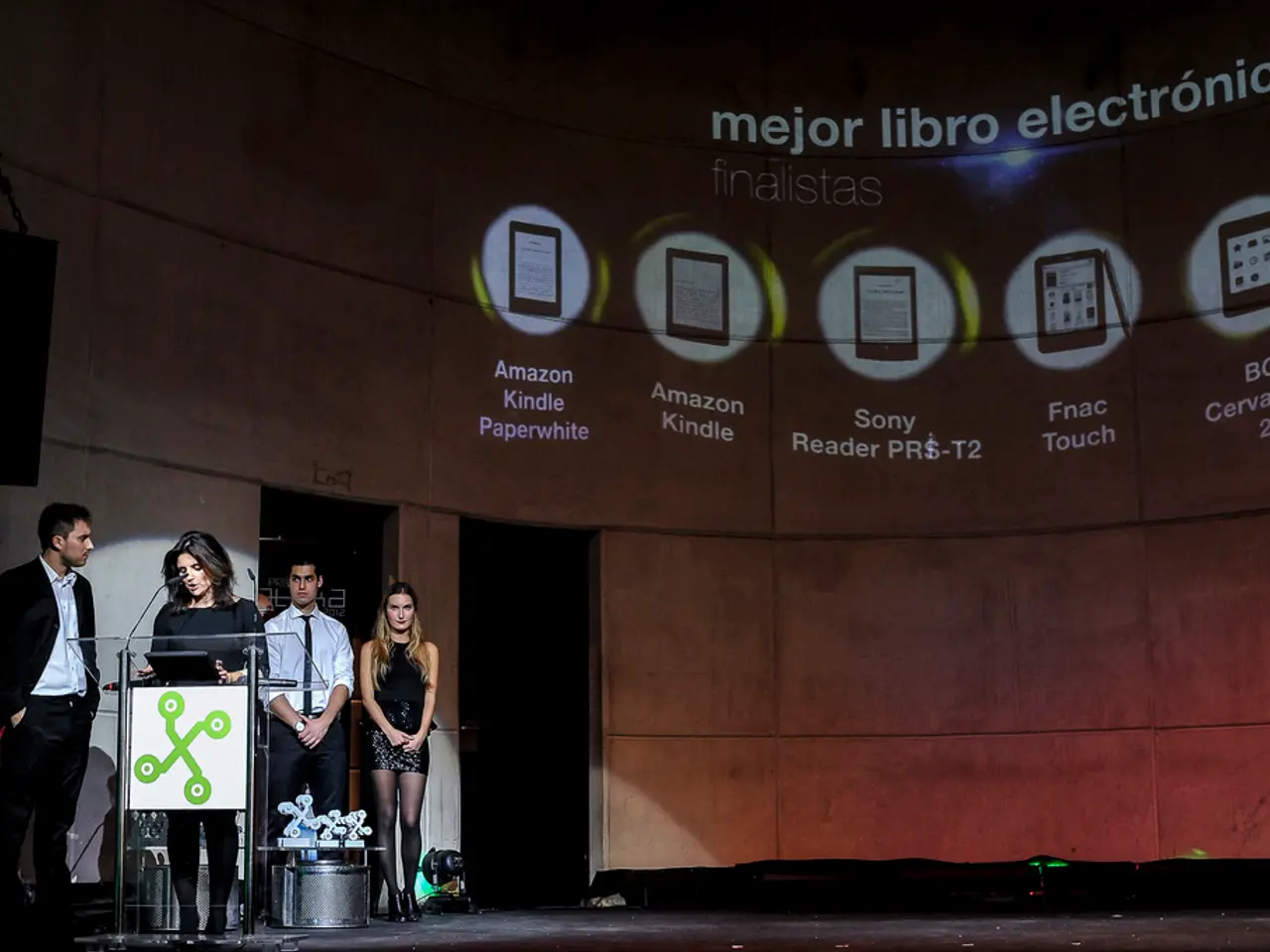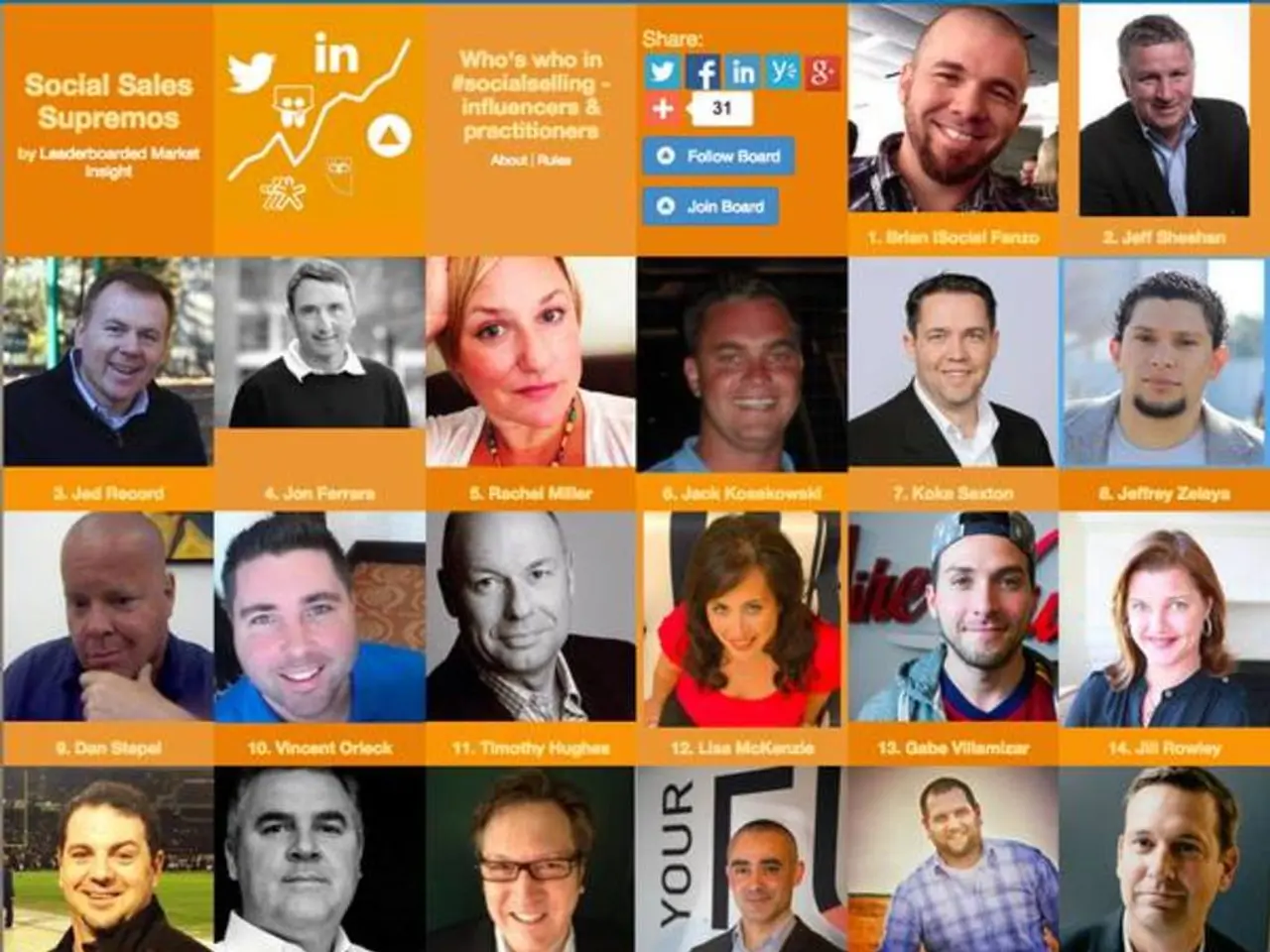Navigating toward future propulsion with BMW iX5 Hydrogen: A journey into hydrogen-powered vehicles.
The BMW Group is making significant strides in the pursuit of sustainable mobility, with its iX5 Hydrogen vehicles playing a pivotal role. This was evident in a recent collaboration that saw a fleet of these vehicles being driven from Dubai to Sohar, marking a significant milestone in the transition towards a greener future.
The journey, which ended at Sohar Port, was not just a test of the vehicles' capabilities but also an opportunity to showcase the potential of hydrogen fuel technology for large-scale emissions reductions. The drive was led by Dr Jurgen Guldner, General Manager of Hydrogen at BMW Group.
The collaboration between BMW Group Middle East and key stakeholders aimed to provide first-hand experiences with the BMW iX5 Hydrogen fleet and exchange valuable insights. The event concluded with an informative workshop focusing on the role of hydrogen fuel cell technology in future mobility.
This initiative is part of a broader effort by BMW to expand the overall hydrogen economy in the region. The company is actively collaborating with partners across the Middle East, including Saudi Arabia, Qatar, Jordan, the UAE, and the Sultanate, to foster sustainable hydrogen infrastructure development.
The BMW iX5 Hydrogen vehicles, which premiered in the region at the launch of MYNM's first Retail.Next showroom in Saudi Arabia in July 2025, serve as a critical exemplification of BMW's vision for future mobility. They demonstrate the viability of hydrogen fuel cell technology as an alternative to battery electric vehicles.
BMW's strategy includes expanding hydrogen infrastructure in collaboration with regional partners, fostering the ecosystem necessary for broader adoption. The company is also accelerating hydrogen fuel cell technology innovation alongside Toyota, aiming to launch its first series production fuel cell vehicle by 2028.
In the global context, significant investments and partnerships are ongoing, including large-scale funding initiatives and collaborations aimed at scaling hydrogen mobility. Although these projects are not always specific to the Middle East, they reflect the momentum in hydrogen infrastructure investment and technology deployment that BMW is part of through its pilot projects and strategic alliances.
In summary, BMW's current status in the Middle East involves active pilot fleet deployment of the iX5 Hydrogen, regional partnerships to grow hydrogen mobility infrastructure, and ongoing R&D aiming at commercial fuel cell vehicles by 2028, positioning the company as a pioneer in sustainable hydrogen mobility in the region.
For more information, you can find the latest news on this topic on various websites. The potential of hydrogen fuel technology for large-scale reductions in emissions is a key focus in the news shaping the hydrogen market.
- BMW's iX5 Hydrogen vehicles, represent a crucial demonstration of hydrogen fuel cell technology as an alternative to battery electric vehicles, signifying a shift towards a hydrogen economy.
- In the pursuit of sustainable mobility, BMW is actively collaborating with partners across the Middle East to foster the development of hydrogen infrastructure, aiming to expand the overall hydrogen economy.
- The role of environmental-science, finance, and technology will be crucial in the transition towards a hydrogen economy, as advancements in these fields will drive the growth of green hydrogen production.
- As the automotive industry continues to evolve, technology will play a significant role in reducing carbon emissions, with hydrogen fuel cell vehicles being one of the promising solutions.
- The potential of hydrogen fuel technology for large-scale emissions reductions is gaining traction in the news, as various finance, science, and industry leaders invest in and collaborate on hydrogen infrastructure and technology projects worldwide.




